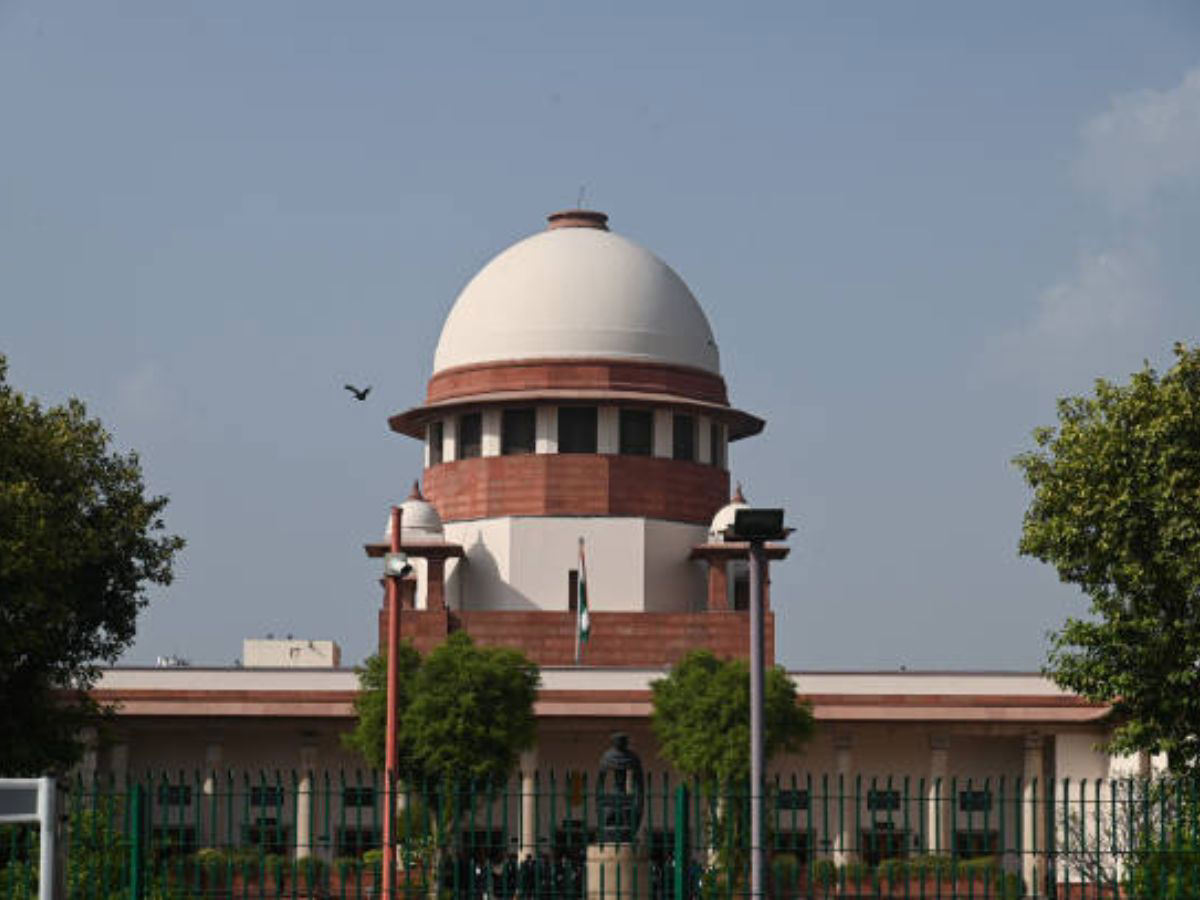Supreme Court seeks Centre, NMC stand on live surgery broadcast, PIL raises legal and ethical issues, safety of patients

Supreme Court seeks Centre, NMC stand on live surgery broadcast, PIL raises legal and ethical issues, safety of patients
The recent developments in the Supreme Court pertaining to a petition alleging illegal and unethical practices in live surgery broadcasts (LSB) underscore the critical need to uphold ethical standards and patient safety in the medical profession. The petition, which targets the All India Ophthalmological Society for its alleged involvement in such activities, has prompted the apex court to request responses from the Union government and the National Medical Commission.
Senior advocate Gopal Shankaranarayanan, representing the petitioner in the public interest litigation (PIL), conveyed to the bench, led by Chief Justice of India D Y Chandrachud, that the primary concern revolved around the potential risks to patient well-being and safety arising from the live interaction between the operating surgeon and the audience during surgeries. However, it was emphasized that the petitioner did not object to the video recording of surgeries for subsequent educational purposes, provided they are conducted in an ethical and responsible manner.
This distinction between permissible and objectionable practices within the framework of live surgery broadcasts highlights the need for clear guidelines and regulations to govern such medical activities. Ensuring the implementation of stringent protocols that prioritize patient welfare and ethical medical practices is crucial in maintaining the trust and integrity of the medical profession.
The Supreme Court’s intervention in this matter signals a commitment to addressing potential violations and safeguarding the fundamental principles of medical ethics and patient safety, reinforcing the significance of stringent regulations and oversight in the healthcare sector.
The allegations made by senior advocate Gopal Shankaranarayanan in the Supreme Court raise critical concerns about the legality, ethicality, and patient safety implications of the practice of live surgery broadcasts (LSB) in the medical field. The specific context of the surgeon’s engagement in interactive sessions during the surgery, while the broadcast is transmitted to an audience, has raised serious questions regarding the potential diversion of the surgeon’s attention from the critical surgical procedure, thereby endangering the patient’s life.
Moreover, the suggestion that such broadcasts are utilized for advertising and marketing purposes, promoting the surgeon and various medical products, further amplifies the ethical and legal dilemmas associated with this practice. Of particular concern is the alleged exploitation of patients, especially those from marginalized backgrounds, who are lured into providing consent for the surgeries under the guise of free treatment. Shankaranarayanan’s emphasis on the importance of obtaining consent without any form of allurement, ensuring it stems from the free will of the patients or their next of kin, underscores the ethical responsibility of healthcare practitioners and institutions to prioritize patient welfare over any promotional or marketing motives.
The acknowledgment by the bench of the Supreme Court of India regarding the concerns raised by the PIL petitioner underscores the significance of addressing the apprehensions and potential risks associated with live surgery broadcasts (LSB) and similar medical practices. By directing the respondents, including the All India Ophthalmological Society, to submit their response affidavits within three weeks, the court has initiated a crucial step towards addressing the challenges at hand and ensuring a comprehensive examination of the issues.
The court’s proactive approach in seeking the response of the concerned authorities, including the Union government and the National Medical Commission, demonstrates a commitment to upholding the highest standards of ethics and patient safety in the medical profession. This also reflects the court’s recognition of the need for stringent regulations and oversight to prevent any potential compromises to patient well-being, especially in cases where medical procedures and practices could pose risks to patients’ lives.
The timeline provided for the submission of response affidavits indicates the court’s emphasis on a prompt and thorough examination of the matter, signaling its dedication to ensuring a timely and comprehensive resolution. By acknowledging the gravity of the concerns raised and initiating appropriate legal action, the Supreme Court reaffirms its role in safeguarding the integrity of the medical profession and protecting the interests and well-being of patients across the country.





